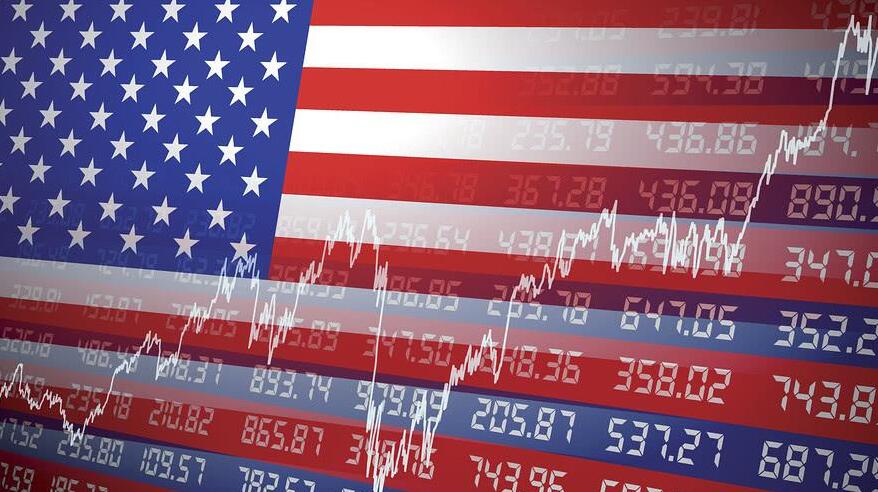U.S. debt and gold tell you that the panic is overdone!

Under Omicron's surprise attack, the global financial market plummeted last Friday, but after two days of relaxation over the weekend, US Treasury bonds took the lead to come out, reminding everyone that they had overreacted. A shares also began to rebound rapidly after opening lower in early trading.
From November 24 to 25, the uncertainty of the epidemic triggered a sharp adjustment in global risk assets. Oil plunged by 11%, and major overseas stock markets fell by about 2.3%. The adjustment range of A-shares was smaller than that of overseas markets, falling 1.2%. The outbreak of the pandemic concerns coincides with the Thanksgiving holiday in the United States. Market liquidity is poor, and asset prices may include too much pessimistic expectations.
The biggest bet on the capital market, the 10-year US Treasury, rose sharply to 1.54% last Friday following the spread of market panic, marking the biggest one-day gain since March 2020, but it immediately fell back.
Another safe-haven asset, gold is also unmoved. On Friday, it once rose more than 1% to stand above the $1800 mark, but it all gave up before the close, and once again fell below $1800, closing the upper shadow line. Compared with the beginning of 2020 when the new crown epidemic just spread globally, gold rose by more than 10% for three consecutive days on March 20, 21, and 22, and then climbed all the way up.
CICC stated in its research report on Monday that this overseas epidemic is different from the beginning of last year.
There is no data on the critical illness rate and fatality rate, but local hospitals in South Africa report that some young people in their 20s to 30s will also have symptoms, and some even require intensive care. From the perspective of the effectiveness of therapeutic drugs, some targeted drugs and therapies for the S protein may fail due to the more mutations of Omicron's S protein. However, some small-molecule antiviral drugs, because the mechanism of action does not directly depend on the S protein itself, but on the parts that have not been mutated, may still be effective (such as Pfizer’s Paxlovid or Merck’s Molnupiravir).
One view is that Omicron is similar to Delta and is relatively contagious, but the fatality rate may not be high (at least for now). Both are the first to become popular in emerging market countries, and their impact on developed countries may be limited. Therefore, Omicron may be some kind of "replica" of the Delta epidemic, which is just another wave of epidemics for the market.
At the same time, there is still plenty of room for policy stimulus in my country: Unlike the “flood flooding” of developed countries, my country’s policy easing during the epidemic is relatively limited, and soon after the epidemic is controlled, the marginal tightening is manifested as a decline in policy interest rates. The magnitude is smaller, and the credit pulse will begin to turn downwards starting in May 2020. Due to "adequate ammunition," policies can support the economy when necessary and form strong support for the market.
CITIC Securities is even more blunt, the Omicron impact brings a good layout opportunity, don't waste a "crisis".
The new South African virus strain will have a short-term impact on market sentiment, but it will also bring a good opportunity to lay out the blue-chip market for the new year. Under the medium-term incremental capital layout and the end of the year institutional game, the differentiation of individual stocks in various industries is greater than that between industries. The blue-chip main line represented by the leading varieties will be clearer. In terms of the evolution of the epidemic and the external situation, the haze of new South African strains suppressed market sentiment in the short-term. The future development trend is still unclear. The pace of overseas economic recovery and monetary easing may slow down, and the room for policy response is not as good as before.
However, under the unique epidemic prevention and control strategy, the probability of China's economy being disturbed by new strains is very low, and its importance in the global supply chain will be further increased, and the relative growth advantage will be more obvious. The hedging value of RMB assets will increase, and foreign investment will increase The increase in A shares may accelerate.



